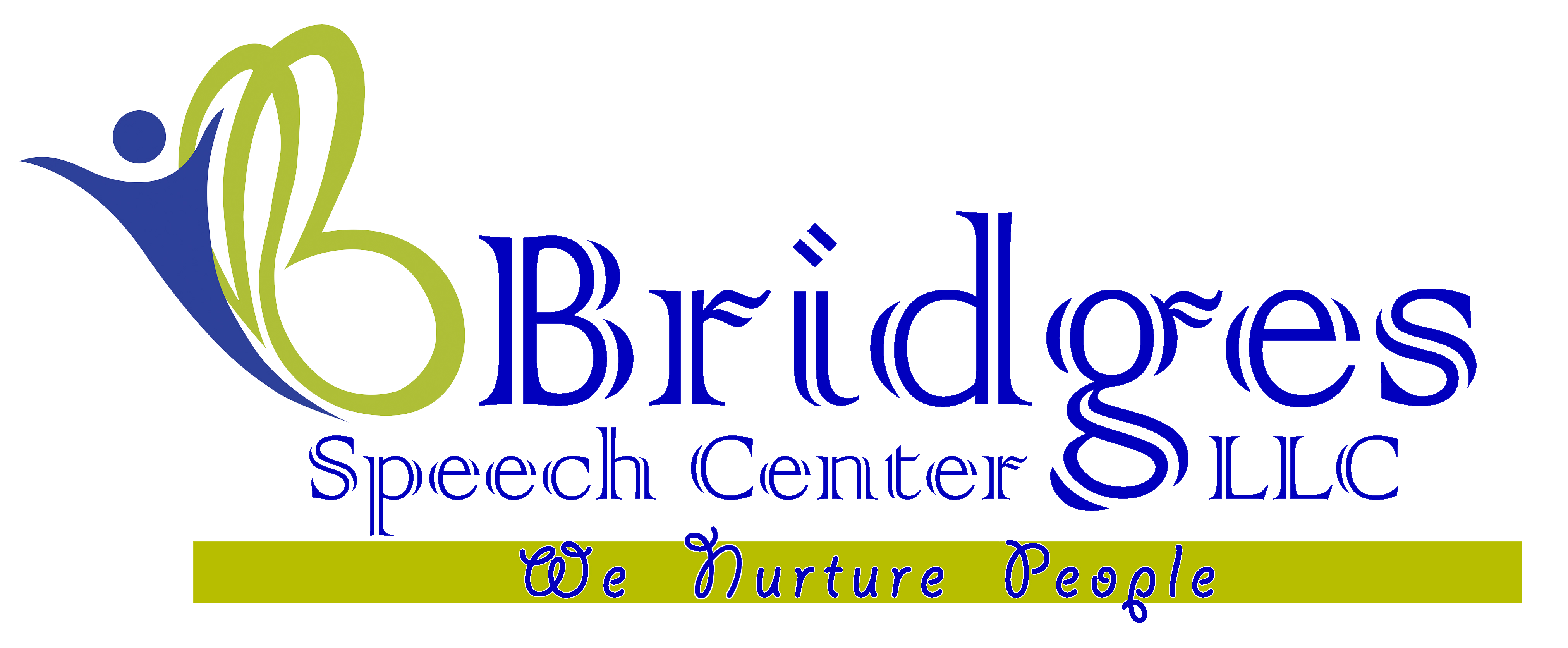- About Us
- Our Services
- Speech Therapy
- Speech and Language Therapies for Adults in Dubai
- Speech and Language Therapies for Children in Dubai
- Accent therapy
- Augmentative Alternative Communication (AAC) Therapy
- Articulation Speech Therapy
- Auditory Processing therapy/ Auditory verbal therapy
- Language Intervention: Speech Delay therapy
- Oral Motor Therapy
- Play Based therapy
- PROMPT/DTTC/RePT for Childhood Apraxia of Speech
- Social communication/Pragmatic language therapy
- Stuttering / Stammering therapy Program
- Spellography Program for Dyslexia
- Voice Therapy
- Home Care Services
- Feeding Therapy
- Physiotherapy
- Pediatric and Geriatric Physiotherapy
- Fall Prevention Programs for the Elderly
- Developmental Delay Treatment for Children
- Cerebral Palsy Management for Children
- Pediatric Orthopedic Conditions
- Osteoporosis Management for the Elderly
- Sports Injuries in Children
- Mobility and Balance Training for Elderly
- Joint Pain Treatment (Knee, Shoulder, Hip)
- Age-Specific Exercise Programs
- Coordination and Balance Exercises
- Orthopedic Physiotherapy
- Neurological Physiotherapy
- Sports Physiotherapy
- Cardiopulmonary Physiotherapy
- Women’s Health Physiotherapy
- Manual Therapy
- Therapeutic Exercise
- Pain Management
- Electrotherapy
- Ergonomic Consultation
- Tele-Physiotherapy Services
- Pediatric and Geriatric Physiotherapy
- Occupational Therapy
- Sensory Integration
- Clinical Psychology & Psychotherapy
- Cognitive Behavioral Therapy(CBT)
- ABA /Behavior Therapy
- Bridge Learning Program
- Group therapy
- Summer/Winter Program
- Telehealth Services
- Training Program/CEU
- Internship/ Observership
- Speech Therapy
- Super Team
- Collaboration
- Training Course
- News/Blogs
- About Us
- Our Services
- Speech Therapy
- Speech and Language Therapies for Adults in Dubai
- Speech and Language Therapies for Children in Dubai
- Accent therapy
- Augmentative Alternative Communication (AAC) Therapy
- Articulation Speech Therapy
- Auditory Processing therapy/ Auditory verbal therapy
- Language Intervention: Speech Delay therapy
- Oral Motor Therapy
- Play Based therapy
- PROMPT/DTTC/RePT for Childhood Apraxia of Speech
- Social communication/Pragmatic language therapy
- Stuttering / Stammering therapy Program
- Spellography Program for Dyslexia
- Voice Therapy
- Home Care Services
- Feeding Therapy
- Physiotherapy
- Pediatric and Geriatric Physiotherapy
- Fall Prevention Programs for the Elderly
- Developmental Delay Treatment for Children
- Cerebral Palsy Management for Children
- Pediatric Orthopedic Conditions
- Osteoporosis Management for the Elderly
- Sports Injuries in Children
- Mobility and Balance Training for Elderly
- Joint Pain Treatment (Knee, Shoulder, Hip)
- Age-Specific Exercise Programs
- Coordination and Balance Exercises
- Orthopedic Physiotherapy
- Neurological Physiotherapy
- Sports Physiotherapy
- Cardiopulmonary Physiotherapy
- Women’s Health Physiotherapy
- Manual Therapy
- Therapeutic Exercise
- Pain Management
- Electrotherapy
- Ergonomic Consultation
- Tele-Physiotherapy Services
- Pediatric and Geriatric Physiotherapy
- Occupational Therapy
- Sensory Integration
- Clinical Psychology & Psychotherapy
- Cognitive Behavioral Therapy(CBT)
- ABA /Behavior Therapy
- Bridge Learning Program
- Group therapy
- Summer/Winter Program
- Telehealth Services
- Training Program/CEU
- Internship/ Observership
- Speech Therapy
- Super Team
- Collaboration
- Training Course
- News/Blogs
Table of Contents
TogglePediatric and Geriatric Physiotherapy Treatment in Dubai
- Home
- Our Services
- Physiotherapy
Strengthening Programs
Therapeutic exercise is a cornerstone of physiotherapy, aimed at enhancing strength, flexibility, and overall health through targeted programs tailored to individual needs. One vital component of therapeutic exercise is strengthening programs, designed to build muscle strength and endurance effectively and safely. These programs are structured to address various conditions, injuries, or rehabilitation goals, promoting optimal physical function and improved quality of life for patients.
Importance of Strengthening Programs
Strengthening programs play a crucial role in physiotherapy by addressing muscle weakness, enhancing stability, and supporting functional movements. Whether recovering from an injury, managing a chronic condition, or seeking to improve athletic performance, strengthening exercises are essential for achieving specific rehabilitation goals. By targeting muscle groups systematically and progressively, these programs help patients regain strength, prevent future injuries, and support overall musculoskeletal health.
Benefits of Strengthening Programs
- Muscle Strength and Endurance: Strengthening exercises are designed to increase muscle mass, improve muscle tone, and enhance endurance. This results in better support for joints, improved posture, and increased capacity for physical activities.
- Injury Prevention: Strong muscles provide better protection for joints and bones, reducing the risk of injuries such as strains, sprains, and fractures. This is particularly important for athletes and individuals engaged in physically demanding occupations.
- Functional Improvement: Strengthening programs focus on movements relevant to daily activities, helping patients perform tasks such as lifting, walking, and reaching with greater ease and efficiency. This promotes independence and enhances quality of life.
- Pain Management: Strengthening weak muscles can alleviate strain on joints and soft tissues, thereby reducing pain and discomfort associated with musculoskeletal conditions such as arthritis and back pain.
- Enhanced Flexibility: Alongside strength gains, these programs often incorporate stretching exercises that improve flexibility and joint range of motion. Flexible muscles and joints are less prone to stiffness and injuries.
- Improved Balance and Coordination: Strengthening exercises engage core muscles and stabilizers, enhancing balance and coordination. This is beneficial for fall prevention and improving overall movement control.
Components of Strengthening Programs
Successful strengthening programs are tailored to meet the unique needs and abilities of each patient. They typically include the following components:
- Initial Assessment: A comprehensive evaluation conducted by a physiotherapist to assess current strength levels, identify areas of weakness, and determine specific goals for rehabilitation.
- Exercise Prescription: Based on the assessment findings, a personalized exercise prescription is developed. This prescription outlines the type, intensity, frequency, and duration of exercises that will best achieve the desired outcomes.
- Progressive Resistance Training: This form of exercise involves gradually increasing the resistance (weight or resistance band tension) to challenge muscles and stimulate strength gains. Progressive overload is essential for continual improvement.
- Isometric Exercises: These exercises involve static contractions of muscles without joint movement. Isometric exercises are valuable for building initial strength and are often used in early stages of rehabilitation.
- Dynamic Exercises: Dynamic exercises involve joint movement and are designed to mimic functional activities. Examples include squats, lunges, and bicep curls using weights or resistance bands.
- Core Strengthening: Strengthening the core muscles (abdominals, obliques, lower back) is integral to overall stability and posture. Core exercises may include planks, bridges, and abdominal crunches.
- Balance Training: Exercises that challenge balance and proprioception (awareness of body position in space) help improve stability and reduce the risk of falls. Balance boards, stability balls, and single-leg stands are common tools used in balance training.
Implementation and Monitoring
Successful implementation of strengthening programs requires close collaboration between the physiotherapist and patient. The physiotherapist provides guidance on correct exercise technique, monitors progress, and adjusts the program as needed to ensure optimal outcomes. Monitoring includes regular reassessments to track strength gains, evaluate functional improvements, and modify exercises based on the patient’s response.
Safety Considerations
Safety is paramount in therapeutic exercise, particularly in strengthening programs. Physiotherapists adhere to evidence-based practices and guidelines to minimize the risk of injury and maximize effectiveness. Safety considerations include:
- Proper Form and Technique: Ensuring patients perform exercises correctly to prevent strain or injury.
- Gradual Progression: Gradually increasing intensity and resistance to allow muscles time to adapt and minimize the risk of overexertion.
- Individualization: Tailoring programs to accommodate the patient’s age, fitness level, health condition, and any existing injuries or limitations.
- Monitoring for Signs of Fatigue or Discomfort: Encouraging open communication to address any discomfort or signs of muscle fatigue during exercises.
Integrating Strengthening Programs into Rehabilitation
Strengthening programs are integrated into comprehensive rehabilitation plans that may include other physiotherapy modalities such as manual therapy, therapeutic ultrasound, and electrical stimulation. This holistic approach addresses multiple facets of rehabilitation, promoting overall recovery and functional improvement.
Patient Education and Home Exercise Programs
Educating patients about the benefits of strengthening exercises and providing guidance on performing exercises safely at home are crucial aspects of physiotherapy. Home exercise programs are customized to reinforce gains made during clinic sessions, encourage consistency, and empower patients to take an active role in their recovery.
Contact Us
For more information about our strengthening programs or to schedule a consultation, please contact us. Our dedicated physiotherapy team is committed to providing personalized care and support to help you achieve your strength and rehabilitation goals.
Make Appointment
Testimonials
What Parents Say
Send us an email if you wish to talk to any of them. For more reviews, please go to Google reviews.

My experience with bridges speech centre has been great. My child is attending OT in the center and we are happy and proud with the progress Mrs. Richa has made. The therapists are very supportive and knowledgable in selecting techniques to suit with our child's requirements . Their monthly review and evaluation is remarkable. I highly recommend bridges speech centre to anyone looking for an affordable and professional therapy for their child....

We were asked to consult a speech therapist for my son. As parents we were quite skeptical about this whole process. However, once my son started attending Dr Rupali’s sessions we noticed a drastic improvement in his speech. He used to speak only a few words but within the 1st four sessions he started speaking up-to 5 words sentences. I also learnt to manage my child’s emotions better with Dr Rupali’s guidance. She is very cooperative and patiently answer all questions.

We took our 21 month old daughter to Bridges speech center following her cleft palate surgery as she needed Speech therapy. Ms.Rupali was recommended to us by both our Pediatrician and ENT specialist. The staff at Bridges are qualified, warm and friendly. My daughter loved to attend the speech therapy sessions. Through various techniques and simulations provided during these sessions, I can see considerable improvement in my daughter's speech. Lastly I would say, no child is same, as parents we need to be patient and trust the process.

Rupali was excellent. In just couple of sessions she helped my child overcome difficulty in pronouncing ch and sh sound. Thanks very much.Highly recommend for children who will need assistance in speech therapy.
Blog & Article
Our Latest Blog & Articles
What Is the Difference Between Occupational Therapy and Physical Therapy?
If you are searching what is the difference between occupational therapy and physical...
Sensory Integration Therapy at Home for Children with Sensory Challenges
When a child gets overwhelmed by everyday sounds, refuses certain clothes because they...



